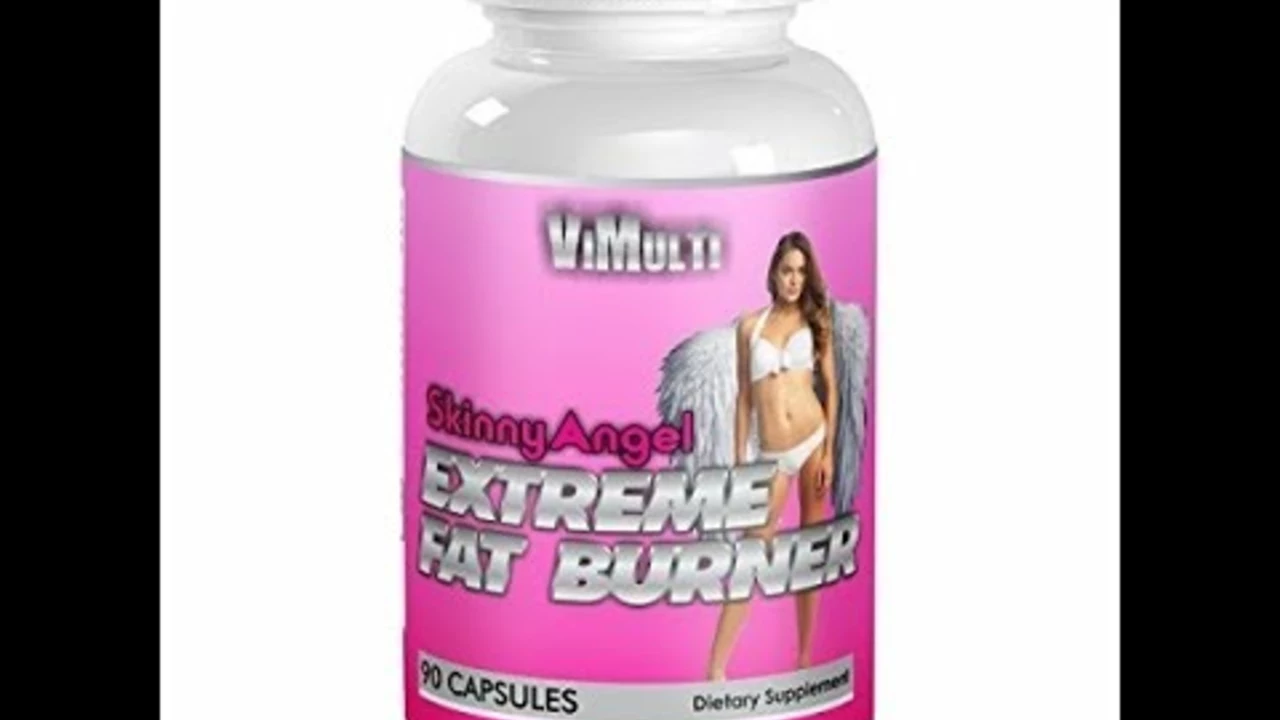Angel's Trumpet (Brugmansia): ID, risks and what to do if someone is exposed
Angel's trumpet (Brugmansia) is an ornamental plant you might see in gardens because of its big, trumpet‑shaped flowers. It looks pretty, but every part of the plant contains tropane alkaloids (like scopolamine and atropine) that can cause serious poisoning if chewed, brewed as tea, or handled roughly. Knowing how to spot it, what symptoms to expect, and how to respond can prevent a bad situation.
How to recognize poisoning
Symptoms usually appear within 30 minutes to a few hours after exposure. Early signs include dry mouth, thirst, flushed skin, dilated pupils and blurry vision. People may become confused, drowsy or agitated and sometimes experience hallucinations. Faster heartbeat, high body temperature, trouble peeing and severe confusion or seizures are warning signs that need urgent care. Kids and pets get sicker faster because they weigh less and get higher doses relative to body size.
If you find a person who has eaten any part of the plant or had a strong brew, treat it seriously. Keep a sample of the plant (a leaf or piece of flower) to show medical staff — it helps identify the toxin. Don’t wait for all symptoms to show before getting help.
First aid and safety tips
If exposure happened, act calmly and quickly. First, move the person away from the plant and remove any plant material from the mouth. Rinse skin and eyes with running water for several minutes if there was contact. If the person is awake and alert, give water to rinse the mouth but don’t force drinking. Don’t make the person vomit unless a poison control expert tells you to. Call your local emergency number or poison control right away for specific instructions — they can guide you based on weight, age, and how the exposure happened.
At the hospital, providers may use activated charcoal if ingestion was recent and the patient is stable. Severe anticholinergic symptoms (very high heart rate, dangerous agitation, severe confusion) might be treated with sedatives like benzodiazepines or, in carefully selected cases, physostigmine — but that’s a hospital decision only. Never try prescription treatments at home.
Preventing problems is simple: plant Brugmansia away from play areas and label it clearly. Wear gloves when pruning, teach kids not to touch or taste garden plants, and keep pets from nibbling on leaves or flowers. If you buy or inherit a garden with angel's trumpet and you have children or animals, consider removing it or fencing it off.
Angel's trumpet is beautiful but risky. Spotting it, acting fast if exposure happens, and using basic garden safety will keep your family and pets safe. When in doubt, call poison control or get emergency medical help — it's better to be cautious.

